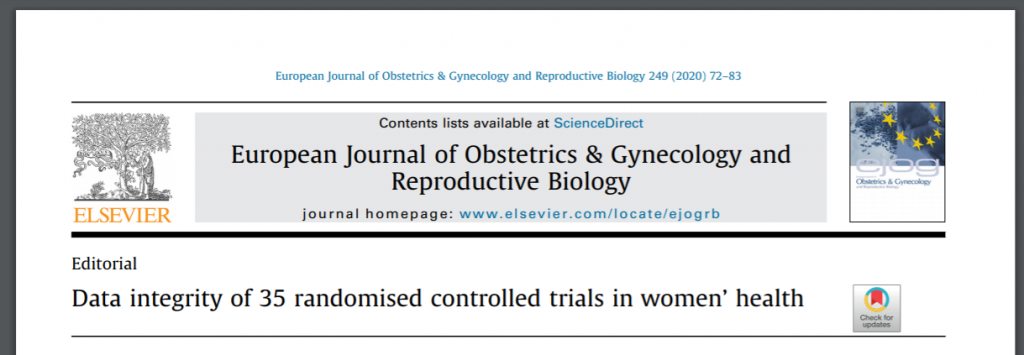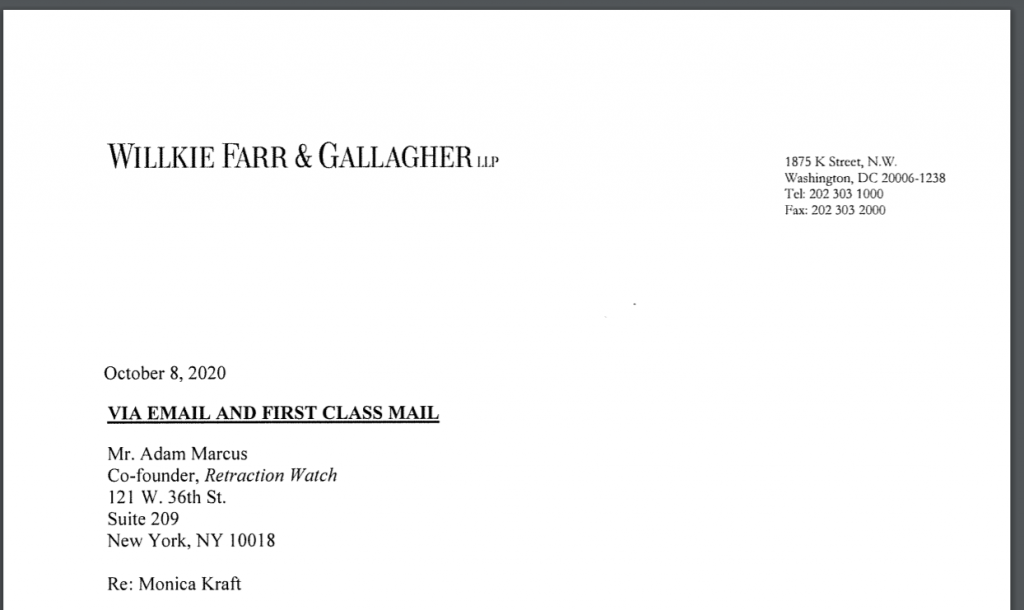
A group of obstetrics researchers in the Middle East is facing disciplinary action after questions were raised about the validity of the data in dozens of their published studies.
The tale — involving contaminated clinical trials, potentially fabricated PhDs, findings of misconduct that went ignored, accusations of terrorist sympathies and unresponsive journals — requires some unpacking, so bear with us.
We begin with a study that appeared in April in the European Journal of Obstetrics & Gynecology and Reproductive Biology (EJOG). Esmée Bordewijk, a PhD student at the Center for Reproductive Medicine at Amsterdam University Medical Center, and her colleagues reported that they stumbled on the problems while conducting a literature review on ovulation induction for the venerable Cochrane Database:
Continue reading Researchers face disciplinary action as dozens of their studies fall under scrutiny







